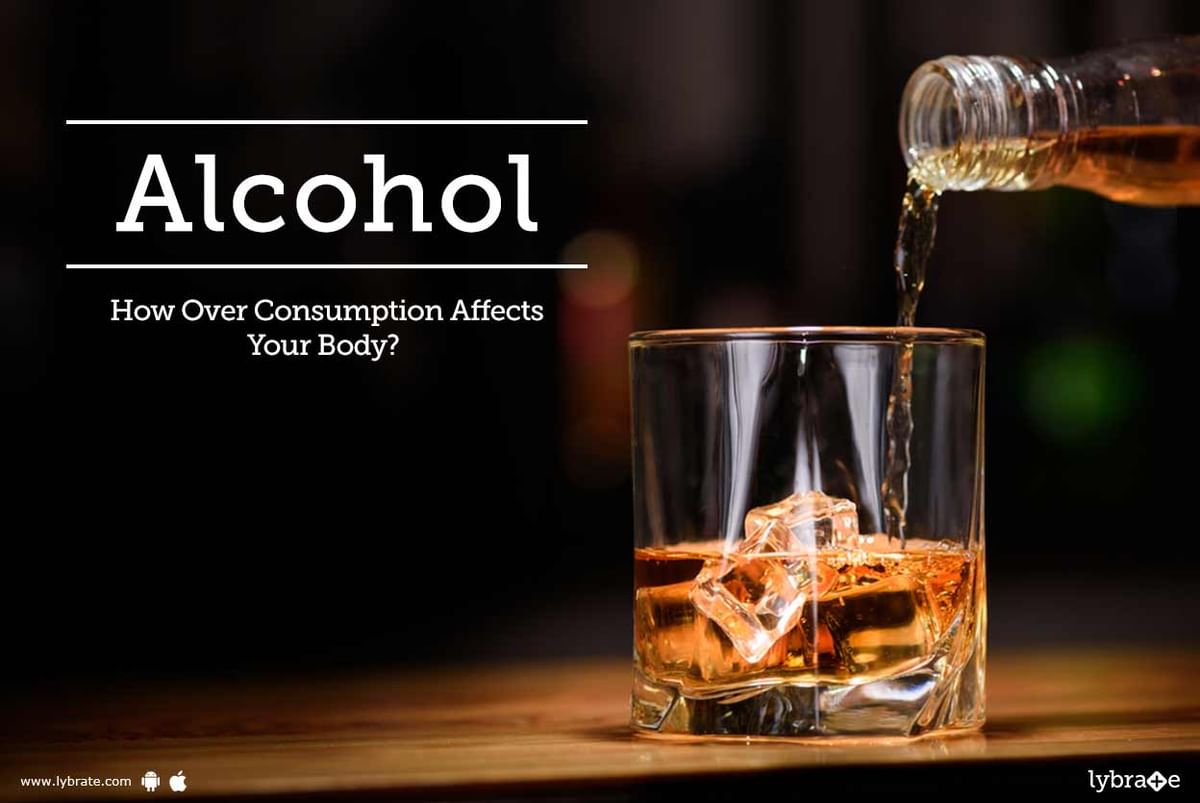

Unveiling the Hazards: The Health Risks of Alcohol Overconsumption
Alcohol, ingrained in many social settings, can be a source of enjoyment when consumed responsibly. However, when moderation gives way to overconsumption, the consequences for health can be severe. Let’s delve into the risks associated with the overindulgence of alcohol.
Liver in Distress: The Toll of Excessive Drinking
The liver, responsible for metabolizing alcohol, bears the brunt of overconsumption. Chronic excessive drinking can lead to liver inflammation, fatty liver disease, alcoholic hepatitis, and eventually, cirrhosis. Understanding the strain on the liver is crucial for recognizing the early signs and preventing irreversible damage.
Cardiovascular Complications: The Dark Side of Intoxication
While moderate alcohol consumption may have some cardiovascular benefits, overindulgence can lead to adverse effects. High blood pressure, irregular heartbeats, and an increased risk of heart disease are among the cardiovascular complications associated with excessive alcohol intake. Monitoring alcohol consumption is essential for heart health.
Mental Health Matters: The Impact on Emotional Well-being
Alcohol is a central nervous system depressant, and excessive consumption can have profound effects on mental health. Beyond the immediate euphoria, overindulgence contributes to anxiety, depression, and an increased risk of suicidal ideation. Recognizing the link between mental health and alcohol is crucial for holistic well-being.
The Weighty Issue: Alcohol’s Role in Weight Gain
Alcoholic beverages are often high in calories, and overconsumption can lead to weight gain. The “beer belly” phenomenon is a well-known consequence, but the impact extends beyond aesthetics. Excessive alcohol intake can contribute to obesity, a significant risk factor for various health problems.
Unsteady Steps: Coordination and Injury Risks
One of the immediate effects of alcohol overconsumption is impaired coordination. This increases the risk of accidents and injuries, both at home and in other settings. Falls, burns, and other mishaps become more likely when judgment and coordination are compromised due to excessive drinking.
Behavioral Changes: Alcohol’s Influence on Decision-Making
Alcohol’s impact on the brain can result in changes in behavior and decision-making. Overconsumption may lead to risky behaviors such as impaired driving, engaging in unprotected sex, and substance abuse. Understanding the link between alcohol and altered decision-making is crucial for preventing adverse outcomes.
Addiction and Dependency: Escalating into a Cycle
Overconsumption of alcohol can lead to addiction and dependency. The line between social drinking and dependence is thin, and regular overindulgence may escalate into a cycle that is challenging to break. Seeking professional help and support is essential for those grappling with alcohol dependency.
Impact on Relationships: Strains and Challenges
Excessive alcohol consumption often strains relationships with family and friends. Behavioral changes, mood swings, and a focus on obtaining and consuming alcohol can lead to isolation and conflicts. Navigating these challenges requires open communication and, in some cases, professional intervention.
Seeking Help: Breaking the Cycle
Recognizing the health risks associated with alcohol overconsumption is the first step towards breaking the cycle. Visit Overconsumption of Alcohol Health for resources and guidance on seeking help. Whether it’s for yourself or someone you care about, taking proactive steps towards a healthier relationship with alcohol is a crucial decision for overall well-being.
Conclusion: Balancing Enjoyment and Health
In conclusion, understanding the health risks of alcohol overconsumption is pivotal for making informed choices. Striking a balance between enjoyment and health requires mindfulness, moderation, and a commitment to overall well-being. By fostering awareness and seeking support when needed, individuals can navigate a path towards a healthier relationship with alcohol.







